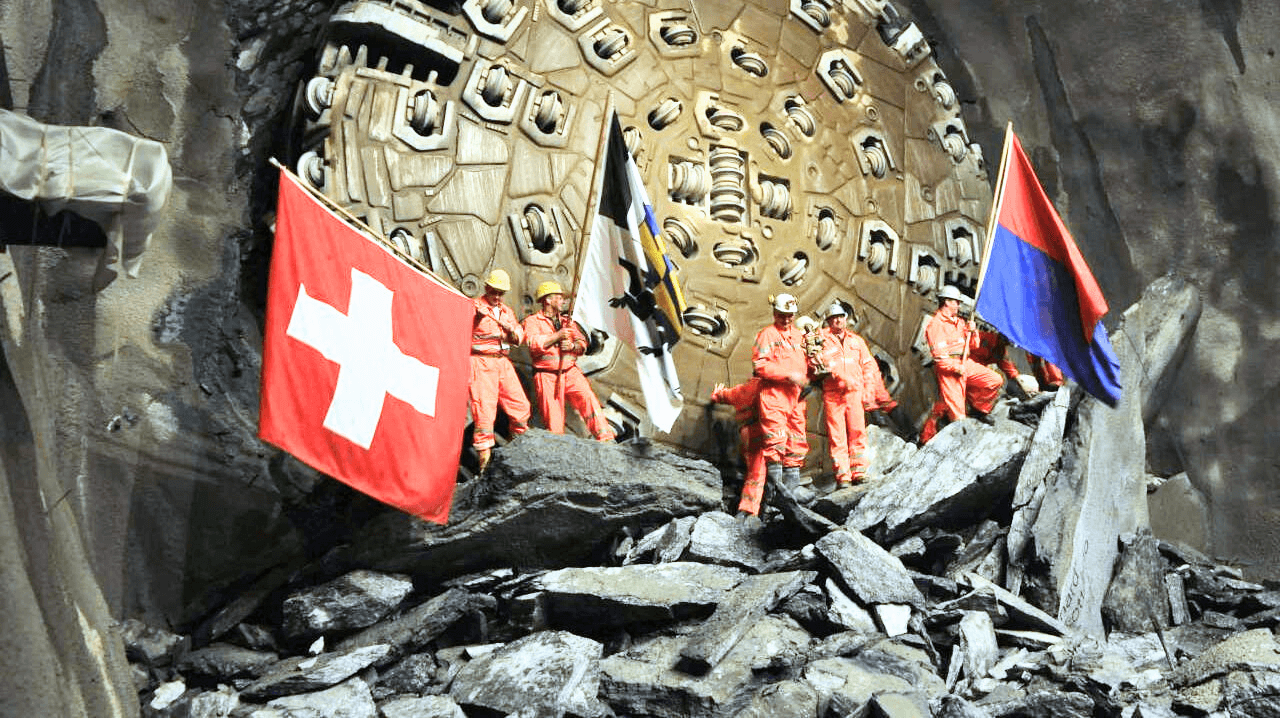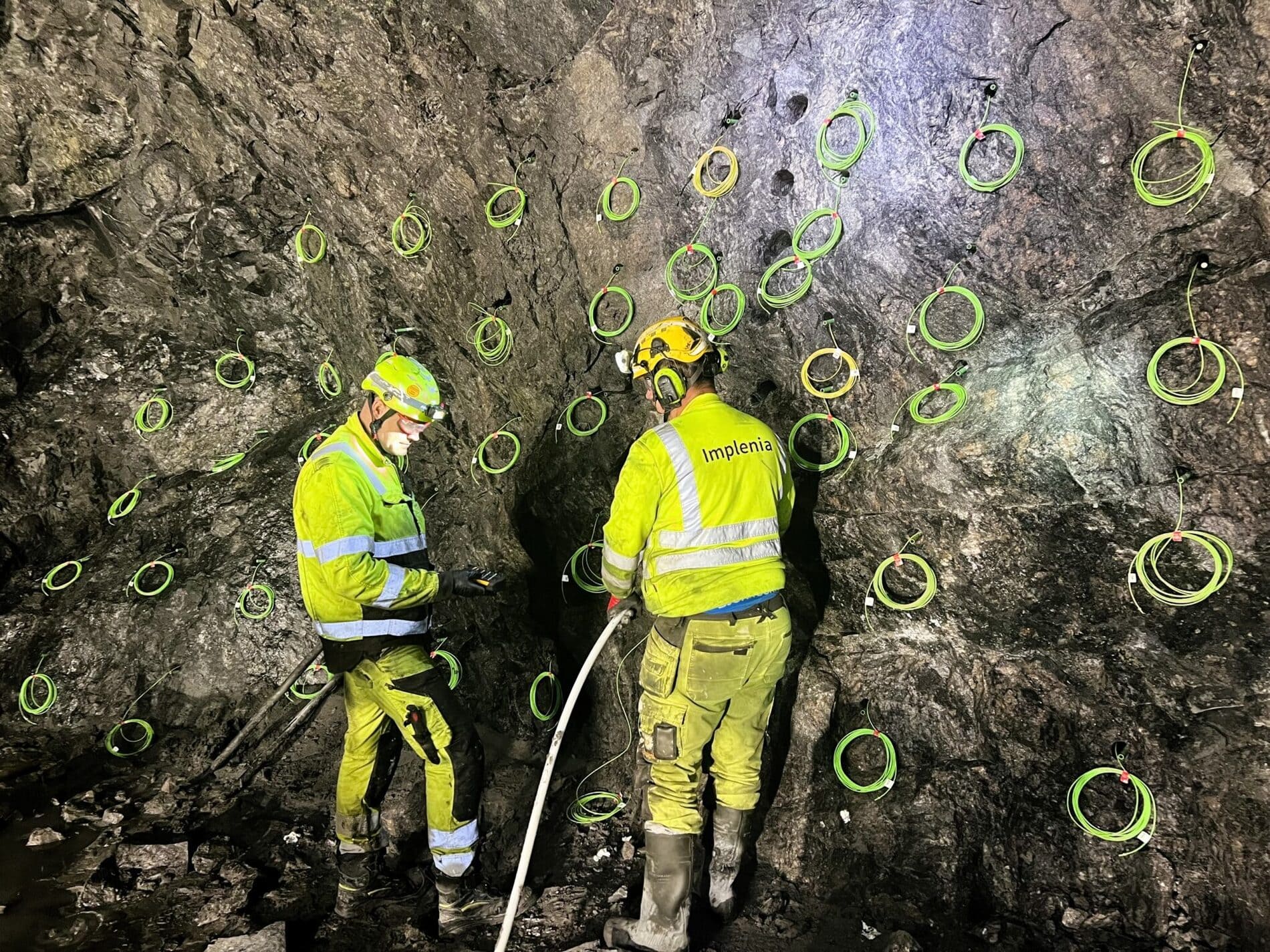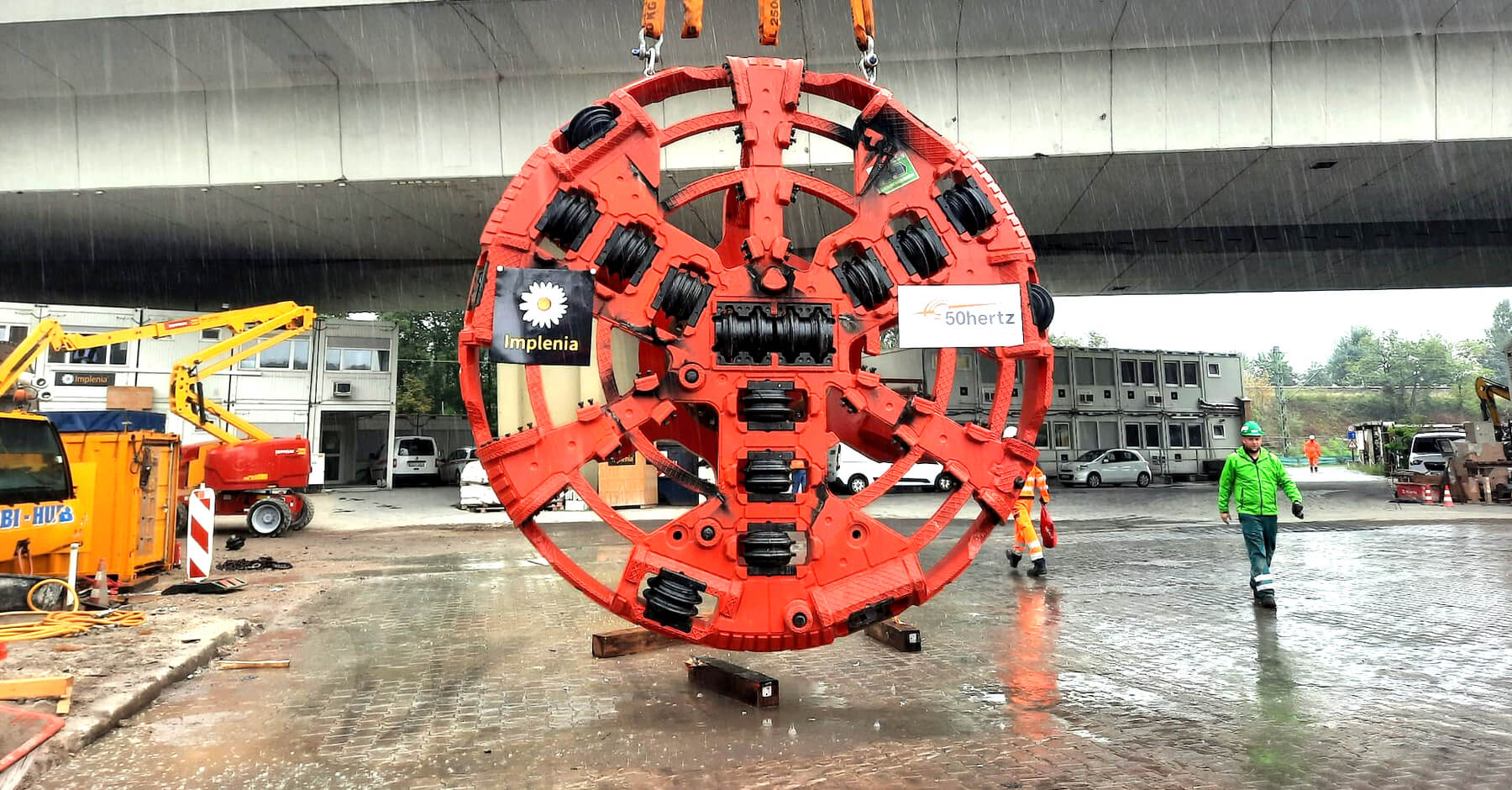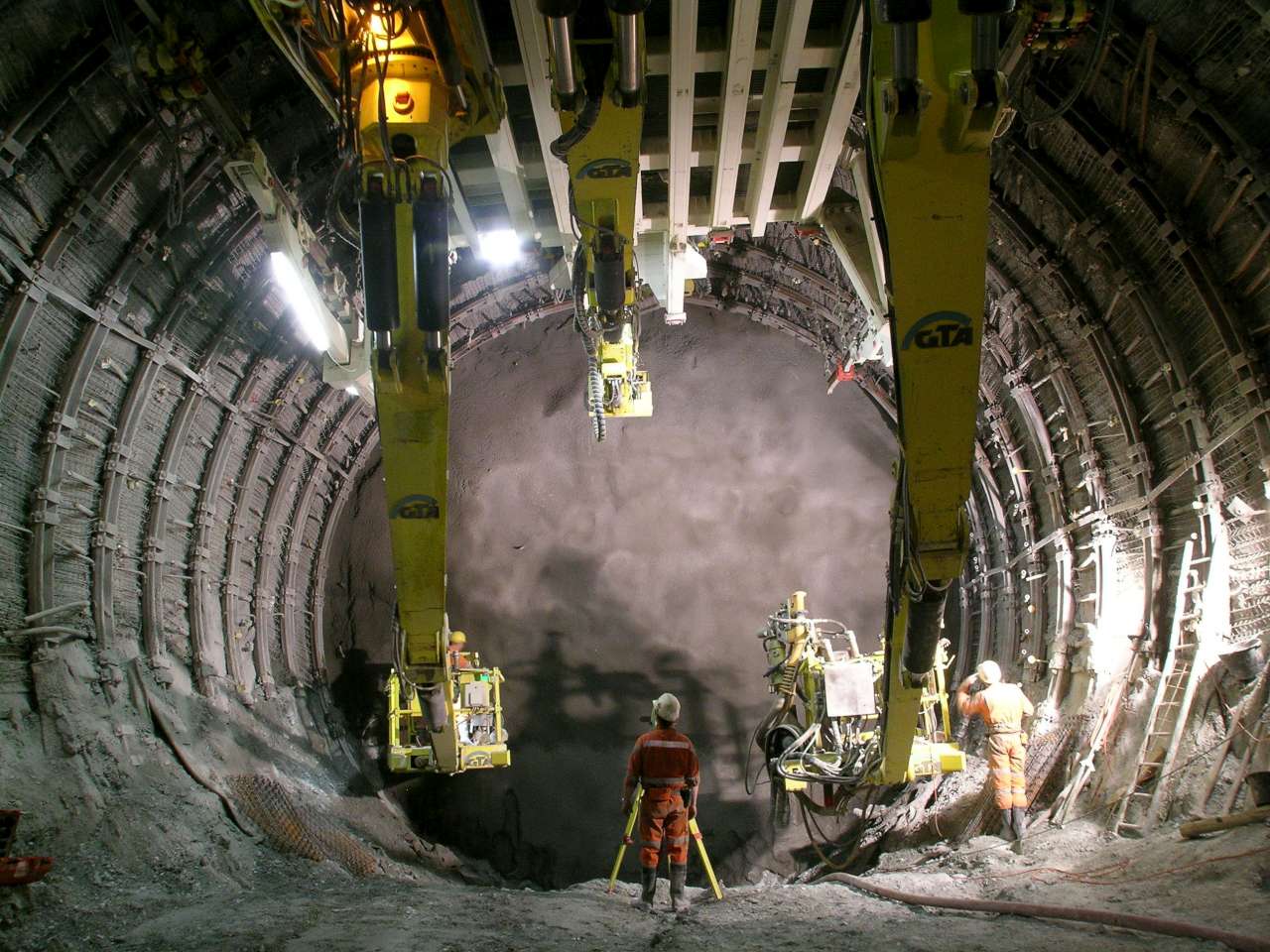
Tunneling & Social Acceptance
Why should tunnel construction projects be democratically legitimized?
In Western democracies, the acceptance of the population for the realization of large infrastructure projects probably plays the most important role for the initialization of the actual construction. For this reason, a broad, if possible democratic legitimization in the population is to be strived for.
Become part of our VISION UNDERGROUND Community!
Subscribe to newsletter
Discuss major projects early and broadly in society

Comparisons between Switzerland and other European countries show that upstream democratic legitimation of major state construction projects (especially tunneling projects) generally provides more security than if they are decided autonomously by governments at national, regional or even municipal level. It is desirable to achieve broad, ideally democratic legitimization of major projects among the population.

Greater security in processes thanks to broad social acceptance
Broad social acceptance of major projects such as tunnels is an ideal prerequisite for smooth planning and execution. In this context, information and communication play an enormously important role. If structures such as tunnels, nuclear repositories, hydropower plants or other projects relevant to the public are not widely discussed in the underground space until after the planning and project phase, a vacuum is created in the dialog with the population.

Subscribe to newsletter
Get thought-provoking, in-depth information now.
Subscribe to our newsletter and become part of our VISION UNDERGROUND community!
Subscribe to newsletter
Concrete: Why communication and information are important

Particularly in the case of major projects such as the construction of the NRLA (Gotthard Base Tunnel) or the Zurich cross-city link (SBB), information and communication are of enormous importance. For the population, the final benefits as well as the design and subsequent operation of the structure are hardly imaginable. Well thought-out and continuous communication throughout the entire course of the project helps the population and the user to become better acquainted with the project and is particularly relevant in an increasingly digitalized media landscape.












